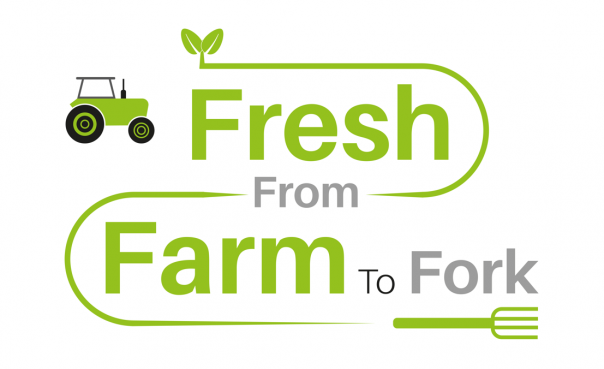
However, several also saw ‘silver linings’ and were keen to point these out. And all were glad that at last this important document has been published
Among the more critical reactions came from Anna Taylor, executive director of The Food Foundation, who said: “This White Paper shows that no one in leadership in government appears to have really grasped the scale and urgency of the challenges posed to our health and our planet by the food system.
“What’s more, these challenges are growing exponentially with the cost of living crisis. Despite its name, the whole document is lacking a strategy to transition the food system towards delivering good food which is accessible to everyone. And without a commitment to a new Food Bill, many of the commendable commitments made are in reality toothless.”
However, Love British Food founder Alexia Robinson was more positive: “Serving more locally sourced produce in the public sector is a win-win. It pumps money into the local economy, supports jobs in the area and can provide excellent value for money. It's a mystery why this hasn't happened sooner, to be frank.
“Do I think we need to move faster and further? Yes. But this is a positive start for an area which has desperately needed a concerted Government push. Lots more to do, and Love British Food will be pushing ministers all the way.”
Sodexo UK & Ireland Chair, Sean Haley, one of the Top 20 ‘most influential’ people in public sector catering said: “It is good to see core social value principles being incorporated into the Government Food Strategy – we welcome its publication and the consultations that follow.
"At the end of last year, following a COP26 that failed to reflect on the very real impact of food waste, we launched our report Appetite for Action which called on Government to commission a dedicated strategy for tackling food waste. As such, we were particularly pleased to see Defra issue a consultation on food waste reporting for large businesses.”
The importance of educating young people was emphasised by Sara Stanner, science director of the British Nutrition Foundation, who responded: “We are pleased to see that the Government recognises that teachers and school leadership have a vital role to play to improve child health, having introduced some measures around food education within the Levelling Up White Paper.
“But we need to recognise that food education is more than ‘cooking’ and must encompass learning around healthy eating and where food comes from, to enable young people to make healthier and more sustainable choices now and into the future.”
And Chair of LACA Jacquie Blake was concerned about the impact of child poverty on children at school: “We are disappointed that the National Food Strategy’s recommendation to extend Free School Meals (FSM) to all children whose parents earn less than £20,000 per annum has not been adopted in the White Paper.
“There are increasing numbers of children who are falling through the cracks because their parents can no longer afford to buy them a school lunch and yet they are not entitled to FSM. Given the current cost of living crisis, an expansion of the FSM entitlement threshold has never been more urgent. LACA will continue to call for this to ensure that all children have access to hot and nutritious school meals.”
Soil Association head of food policy Rob Percival was clearly in the ‘disappointed’ camp, saying: “Henry Dimbleby’s National Food Strategy set out a bold and ambitious vision to make good food accessible for all, and the government’s response feels like thin gruel, falling far short. At a time when people are going hungry and the climate, nature and public health crises are escalating, the absence of leadership is palpable.
“But there are fragments of policy that offer hope, especially the ambition that half of public sector expenditure should be spent on food produced locally or to higher environmental standards, like organic.”
Meanwhile, UKHospitality chief executive Kate Nicholls, said: “With pressures on food supply chains mounting due to war in Ukraine, the publication of the Government’s Food Strategy White Paper is both timely and welcome. It rightly recognises the importance of the entire food chain to UK communities and economy.
“It is particularly heartening to see the importance of sustainability highlighted in the report, as this is a key focus for the industry and aligns with UKHospitality’s wider sustainability drive.”
And Jimmy Pierson, director of ProVeg, was highly critical of the publication: “This White Paper, which fails to even mention the climate impact of meat and dairy and omits any reference to plant-based food as a solution to the climate crisis, is a dereliction of duty.
“It’s a cop out, and largely ignores the National Food Strategy, which called on the nation to eat 30% less meat. Instead, the Government has served up 30 pages of precious little, wasting a golden opportunity to fix our broken food system.”